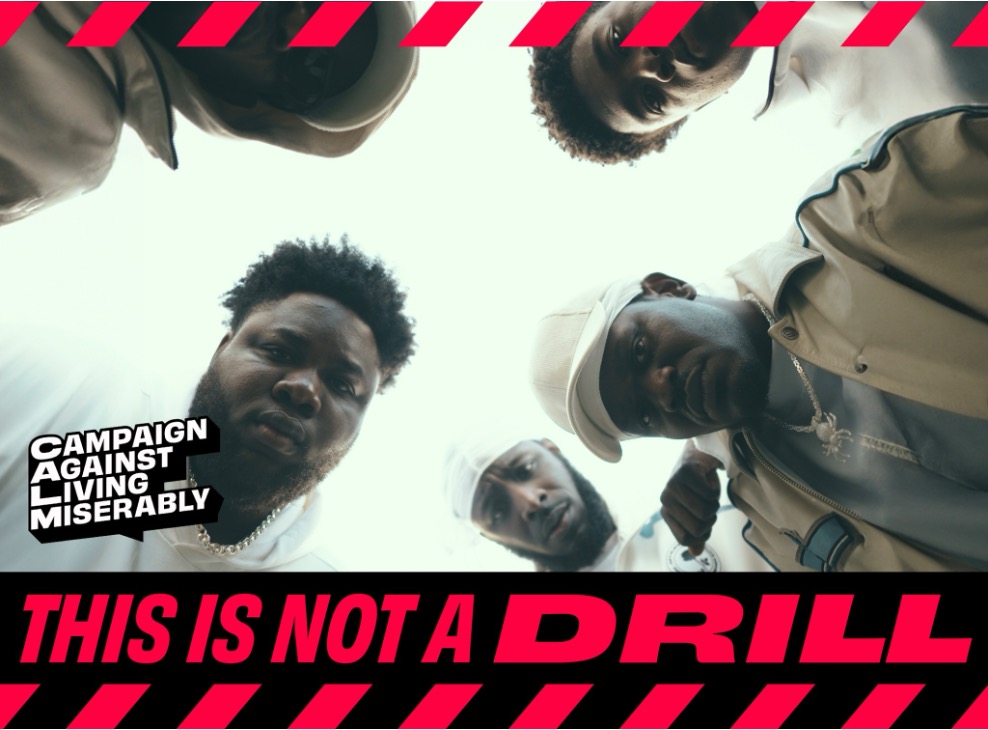In this article, we’ll tackle the basics around managing small-business finances, including opening a dedicated bank account and applying for a business credit card.
6 reasons to separate your personal and business finances
- Having a business bank account and business credit card makes it easier to track your cash flow and expenses for your work.
- It keeps accounting costs down at tax time, since your accountant won’t have to spend time separating your personal and business income and expenses.
- Business credit cards often come with helpful tools and services, such as higher credit limits, expense-tracking software and additional cards for employees.
- Business credit cards often come with valuable rewards and perks.
- Using a business credit card and paying it off each month can help you establish a credit history for your company. A good credit rating will help if you ever need to apply for a business loan or line of credit.
- A dedicated business bank account communicates professionalism and credibility to your clients and vendors. And if you plan to incorporate your business, it must have a separate account.
5 FAQs about business accounts and credit cards
Below are five common questions from small-business owners.
Can I use a personal credit card for business expenses?
While you can use a personal credit card for business expenses, it’s not ideal. Just like with business bank accounts, business credit cards can help you run your business more efficiently. In addition to keeping your accounts separate, a good business credit card can offer all sorts of benefits like the ability to earn rewards, various types of insurance and access to valuable services. And as your business grows, separating your finances is good for your personal privacy, too.
What are the benefits of a business bank account?
Business bank accounts may offer features that you can’t get in a personal bank account. Some examples include merchant services that allow you to accept payments, access to specialized credit cards, business overdraft protection, or the ability to process funds in Canadian and U.S. dollars. Plus, having a separate account lets you build a credit history for your business, which will come in handy should you ever need a business loan to grow.
What do you need to open a business bank account and credit card?
Opening a business bank account and credit card in Canada is similar to what you’ve done with your personal accounts and cards. Different documents may be required, though, depending on the structure of your business and the product you’re applying for, but here’s a list of the documents to gather:
- Identification with your name, address and date of birth
- Social insurance number (SIN)
- Articles of incorporation/association, if applicable
- Canada Revenue Agency (CRA) business registration number
- Trade name registration, if applicable
Check what you’ll need with your financial institution before starting your application.
What should I look for in a business credit card?
The best business credit cards in Canada offer access to rewards, travel benefits and business-related perks (which you can use for business or pleasure!).
As an example, let’s look at the Scotiabank Passport® Visa Infinite Business† Card, a credit card that offers rewards and travel benefits that you can use for your business.





















Discussion about this post